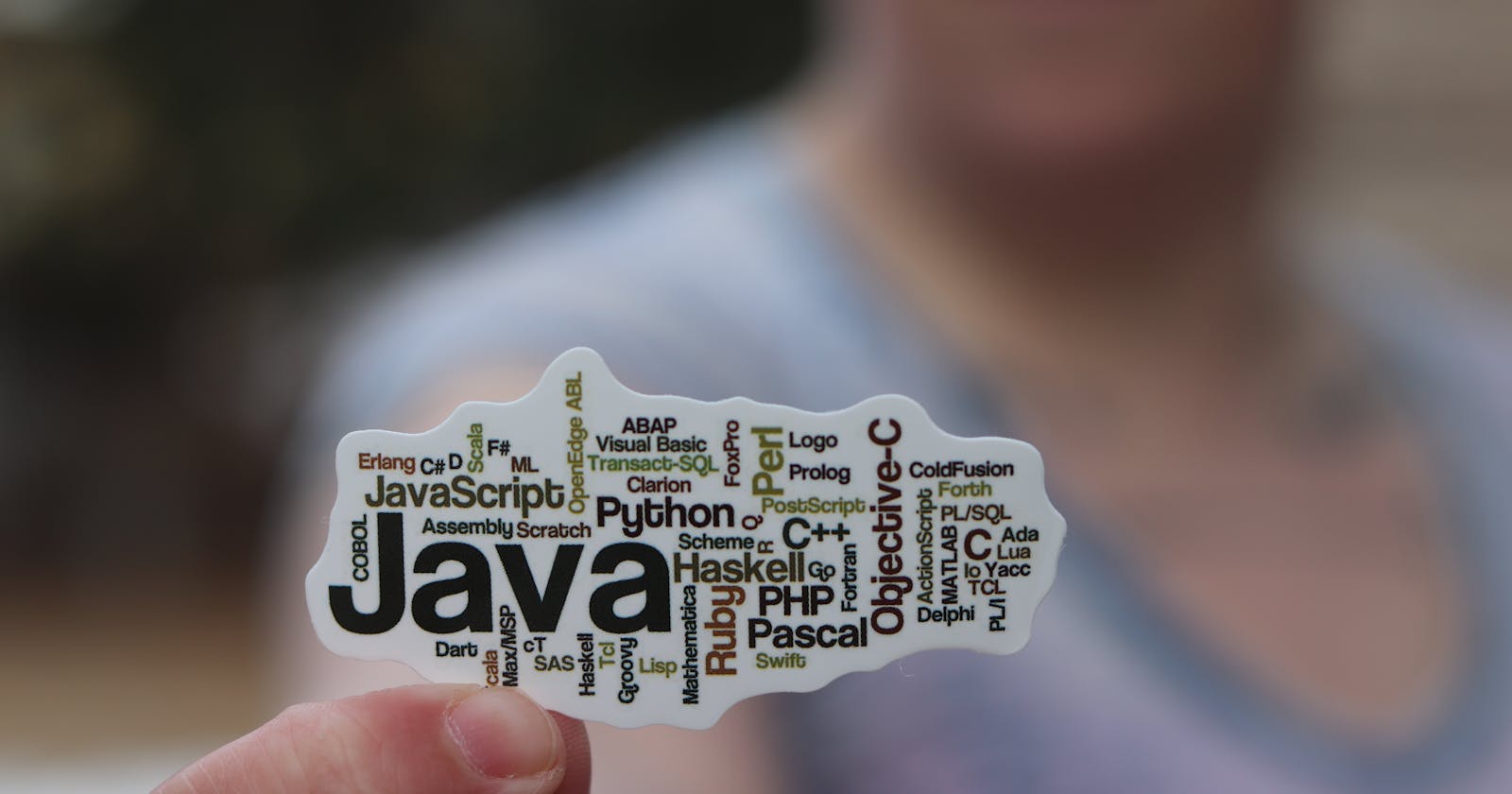Java is a widely-used programming language that was first released in 1995. It has become one of the most popular programming languages in the world, thanks to its ability to run on any platform and its versatility. If you're interested in learning how to code in Java, you've come to the right place! In this article, we'll cover some of the basics of Java and give you some tips on how to get started.
Getting Started with Java
The first thing you'll need to do is download the Java Development Kit (JDK) from the Oracle website. The JDK contains everything you need to write and run Java programs. Once you've downloaded and installed the JDK, you're ready to start coding!
Java Basics
Java is an object-oriented programming language, which means that it is built around objects that interact with each other. The basic building blocks of Java are classes, which define objects, and methods, which are used to manipulate those objects.
Let's take a look at some basic Java syntax:
public class HelloWorld {
public static void main(String[] args) {
System.out.println("Hello, World!");
}
}
This program defines a class called HelloWorld, which has a single method called main. The main method prints the string "Hello, World!" to the console.
Java Development Tools
There are a variety of tools available for Java development. One popular tool is Eclipse, which is a free, open-source integrated development environment (IDE). Eclipse makes it easy to write and test Java code, and it includes a variety of useful features such as code highlighting, error checking, and code completion.
Another popular Java development tool is IntelliJ IDEA, which is a commercial IDE with a variety of powerful features. IntelliJ IDEA is a bit more complex than Eclipse, but it is well-suited for large projects and teams.
Here are some of the important chapters that beginners should cover to learn Java:
Introduction to Java: This chapter covers the basics of Java programming language, its history, features, and advantages.
Data Types and Variables: In this chapter, beginners learn about different data types, variables and how to declare them.
Operators: This chapter covers arithmetic, relational, logical, and bitwise operators in Java.
Control Statements: This chapter explains the use of control statements such as if-else, switch, while, do-while, and for loops.
Arrays: In this chapter, beginners learn about arrays, and how to declare, initialize, and manipulate them.
Classes and Objects: This chapter covers the concept of classes and objects in Java, how to define classes, and create objects.
Inheritance: Inheritance is one of the core concepts of object-oriented programming. This chapter covers how to use inheritance to create subclasses.
Exception Handling: This chapter covers how to handle errors and exceptions in Java programs.
File Handling: In this chapter, beginners learn how to read and write data to files using Java.
Multithreading: Multithreading is the ability of a program to execute multiple threads simultaneously. This chapter covers how to create and manage threads in Java.
These chapters are essential for beginners to get started with Java programming. Once you have covered these topics, you can move on to advanced topics such as JDBC, Servlets, JSP, and more.
Here are some popular YouTube tutorials for learning Java:
Java Tutorial for Beginners by Programming with Mosh - youtube.com/watch?v=eIrMbAQSU34
Java for Complete Beginners by John Purcell - youtube.com/watch?v=grEKMHGYyns
Java Tutorial for Beginners by Telusko - youtube.com/watch?v=Qgl81fPcLc8
Java Programming Tutorial for Beginners by EJ Media - youtube.com/watch?v=Hl-zzrqQoSE
These tutorials cover a range of topics from basic syntax to more advanced concepts like object-oriented programming and GUI development.
Conclusion
Java is a powerful programming language that can be used for a wide variety of applications. Whether you're interested in building web applications, mobile apps, or desktop software, Java has the tools you need to get started. By downloading the JDK and familiarizing yourself with the basic syntax of Java, you can start writing your programs in no time!
If you find the blog informative and useful, please consider sharing and liking it. Also, keep an eye out for future blog posts related to Java😊.
Happy coding!
